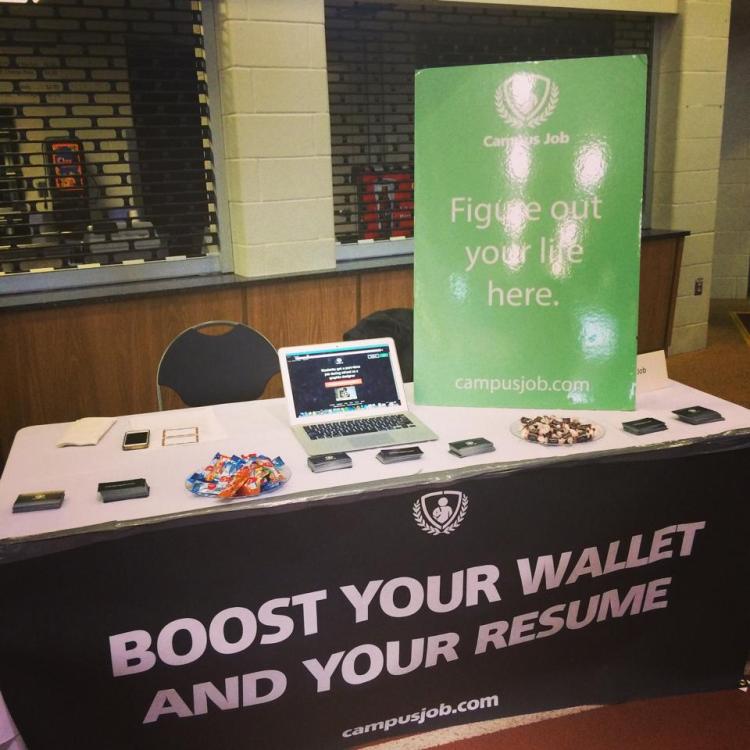Liz Wessel wasn’t like most college seniors.
Most seniors scramble to find jobs and many graduate without them. But by September of her senior year, Wessel had an offer letter from Google, where she had interned the previous summer.
Instead of using her final semester to relax, Wessel began a business with a fellow Penn student, J.J. Fliegelman. Wessel was a campus rep for Anheuser Busch. The business they created helped other students line up similar gigs for companies looking for representation on campus.
 The business won a $1,000 competition at Penn, which Wessel and Fliegelman put toward hosting costs. They agreed the idea was small, so they only kept the site live until the money ran out. But they noticed it generated good traction among Fortune 500 companies who were using their campus rep site to find teen advocates.
The business won a $1,000 competition at Penn, which Wessel and Fliegelman put toward hosting costs. They agreed the idea was small, so they only kept the site live until the money ran out. But they noticed it generated good traction among Fortune 500 companies who were using their campus rep site to find teen advocates.
Wessel took the Google job when she graduated and traveled to India for it. Fliegelman joined McKinsey.
One year later, Fliegelman tracked down Wessel and said he wanted to start another business with her. The pair came up with Campus Job, an extension of their former campus rep company.
Campus Job is a marketplace where college students can find part-time work, internships, and eventually entry-level, full-time positions. It’s basically an alternative to a college’s career service center and Symplicity, a job board employers have to pay for postings on. It’s currently going through Y Combinator, a prestigious startup accelerator program in Silicon Valley which has produced multibillion-dollar hits Dropbox and Airbnb.
When new users log on, they’re prompted to fill out a Mad Libs-style questionnaire about their work experience and interests (“Hi, my name is ____. I’m a ___ major at _____ University.”). They must have a .edu email to fill out a profile.
Employers can target specific keywords like “junior,” “senior,” or “computer science.” For example, Uber is one of about 1,200 clients, and it is able to specifically target college students who have cars.
Employers are charged whenever Campus Job sends a qualified candidates their way. There’s no recruitment fee after a candidate is hired; students simply receive a T-shirt from Campus Job that says, “99 problems but a job ain’t one.” About 90 percent of the positions offered on Campus Job are paid.
On July 15, Wessel quit her job at Google. By the end of that month, she and Fliegelman had raised $1 million for the startup.
Wessel’s team pinged a bunch of campus reps from their old site and invited them to become reps for Campus Job, promoting the job board to peers at school. Wessel says the site has 10,000 new users registering per week and that 70 percent of the company’s growth is generated by the campus reps it employs. Thirty percent of Campus Job’s users visit the site every week.
Right now, universities seem to largely support Campus Job’s mission. But if it becomes too big a threat to their career services departments, that might change.
Campus Job currently has eight people working out of its California office. After Y Combinator, the company plans to relocate to New York City, where Wessel is from.
David Tisch, an investor in Campus Job, calls Wessel a “force” and says the company is shaping up to be a breakout Y Combinator star.
This story originally appeared on Www.businessinsider.com. Copyright 2015
VentureBeat's mission is to be a digital town square for technical decision-makers to gain knowledge about transformative enterprise technology and transact. Learn More

